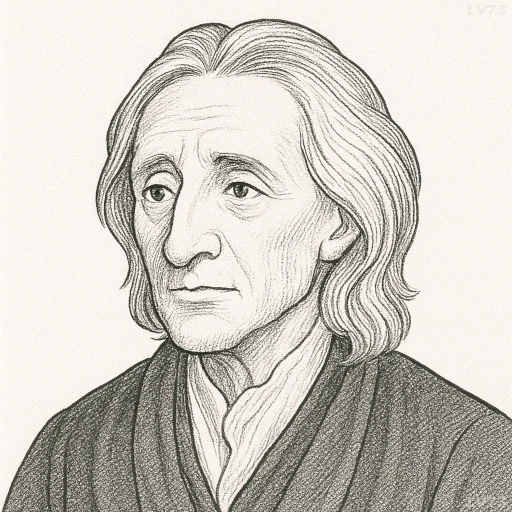“New opinions are always suspected, and usually opposed, without any other reason but because they are not already common.”

- August 29, 1632 – October 28, 1704
- Born in England (UK)
- Philosopher and political thinker
table of contents
Quote
“New opinions are always suspected, and usually opposed, without any other reason but because they are not already common.”
Explanation
In this quote, John Locke highlights a common human tendency to resist or oppose new ideas simply because they are unfamiliar or not yet widely accepted. Locke observes that when individuals encounter novel opinions or perspectives, they often react with suspicion or hostility rather than engaging with them thoughtfully. This resistance, according to Locke, is not based on the inherent truth or falsehood of the ideas, but on the fact that they challenge the status quo. This reflects a broader social and psychological phenomenon where people tend to favor the familiar and the conventional, often fearing change or the uncertainty that new ideas can bring. Locke is critiquing this prejudice against novelty, urging a more open-minded and rational approach to new perspectives.
Locke’s view on the resistance to new ideas was particularly significant during the Enlightenment, a period in which scientific discovery, philosophical inquiry, and political change were all challenging established norms. His own work was often at odds with traditional religious and political doctrines, and he advocated for the freedom of thought and toleration of diverse opinions. Locke’s emphasis on open inquiry and intellectual freedom reflects his belief in the importance of allowing new ideas to be tested and discussed, without dismissing them simply because they deviate from accepted norms.
In modern times, Locke’s observation remains highly relevant, particularly in fields like innovation, politics, and social movements. New ideas—whether in technology, science, or social reform—are often met with resistance, even when they have the potential to improve society. For example, advancements in areas like climate change policy or artificial intelligence are frequently contested, not necessarily because the ideas are flawed, but because they challenge existing systems or require paradigm shifts. Locke’s quote serves as a reminder that progress often requires us to confront and question our prejudices against new, unfamiliar opinions, and to engage with them based on their merit rather than their novelty.
Would you like to share your impressions or related stories about this quote in the comments section?
